Pumpkins are exceptionally rich in vitamins and have a pleasant taste. They contain vitamins A and E, which actively fight wrinkles, while the vitamin K helps blood clot.
The rare vitamin T, found in pumpkins, makes it easier to digest heavy food and prevent obesity. Pumpkins also contain iron, which helps against anemia, as well as pectic substances, which take toxins out of the body and reduce levels of bad cholesterol.
The vitamin D in pumpkins protects against rickets, boosts growth rate, which is why doctors recommend children eat pumpkins from an early age.
Pumpkins contain large quantities of beta-carotene, which is exceptionally good for one's vision. The vitamin C in pumpkins strengthens the immune system, protects against cold and flu. Besides vitamins, pumpkins are incredibly rich in cellulose. It protects against a number of serious diseases.
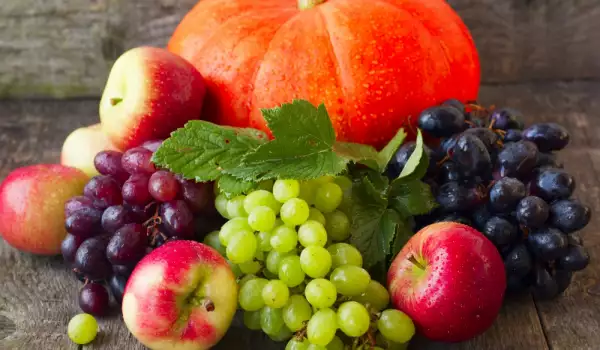
Pumpkin seeds, in turn, contain zinc. A handful of pumpkin seeds improves mood. Additionally, they help get rid of intestinal worms. They fight fever and help against insomnia.
Thanks to the biologically active substances in it, it helps restore the anti-oxidant function of the liver. Half a glass of fresh pumpkin juice a day is recommended for improving the health of the gastrointestinal tract. It helps against kidney and bladder stones, raises hemoglobin levels in the blood.
Thanks to the high content of unsaturated fats, plant-based proteins and minerals in pumpkin oil, it is perfect for any healthy diet.
As with all fruits or vegetables, pumpkins also have their negative effects. For example, freshly squeezed pumpkin juice and raw pumpkin can be dangerous for people suffering from gastritis, gastric and duodenal ulcers, as well as those suffering from diabetes.
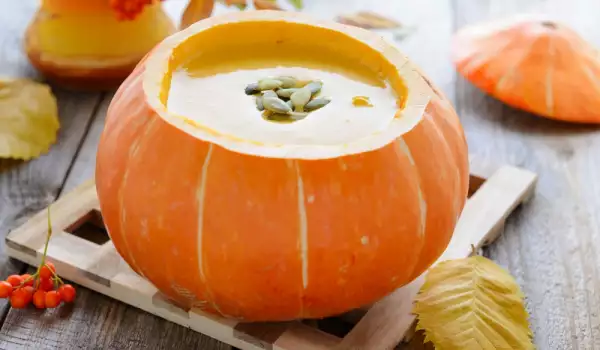
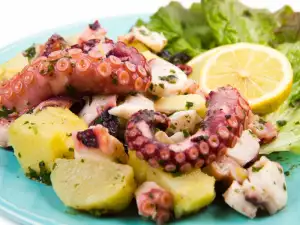

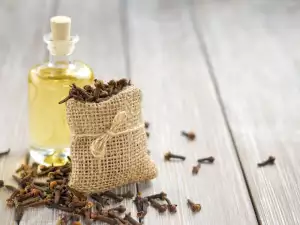



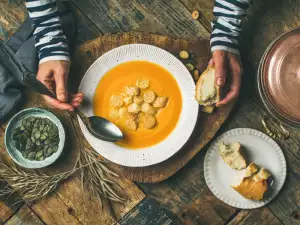
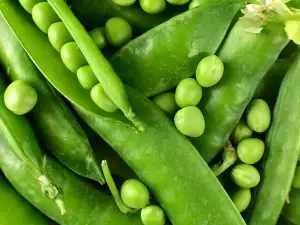

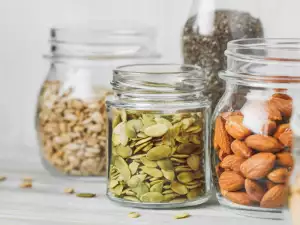
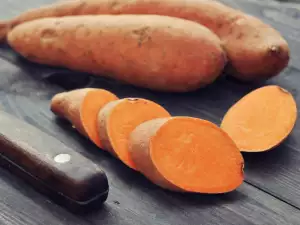
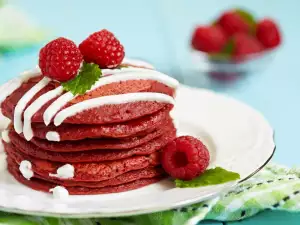

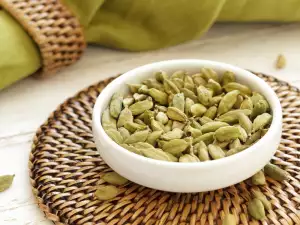





Comments